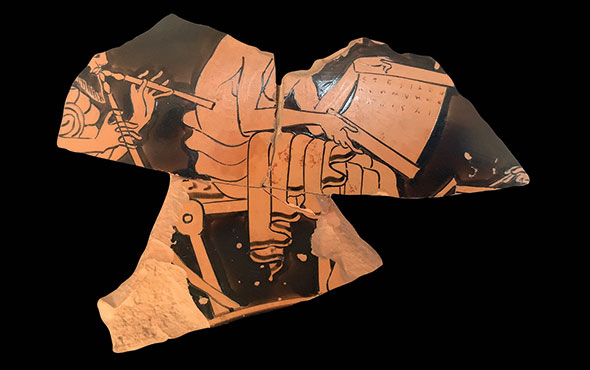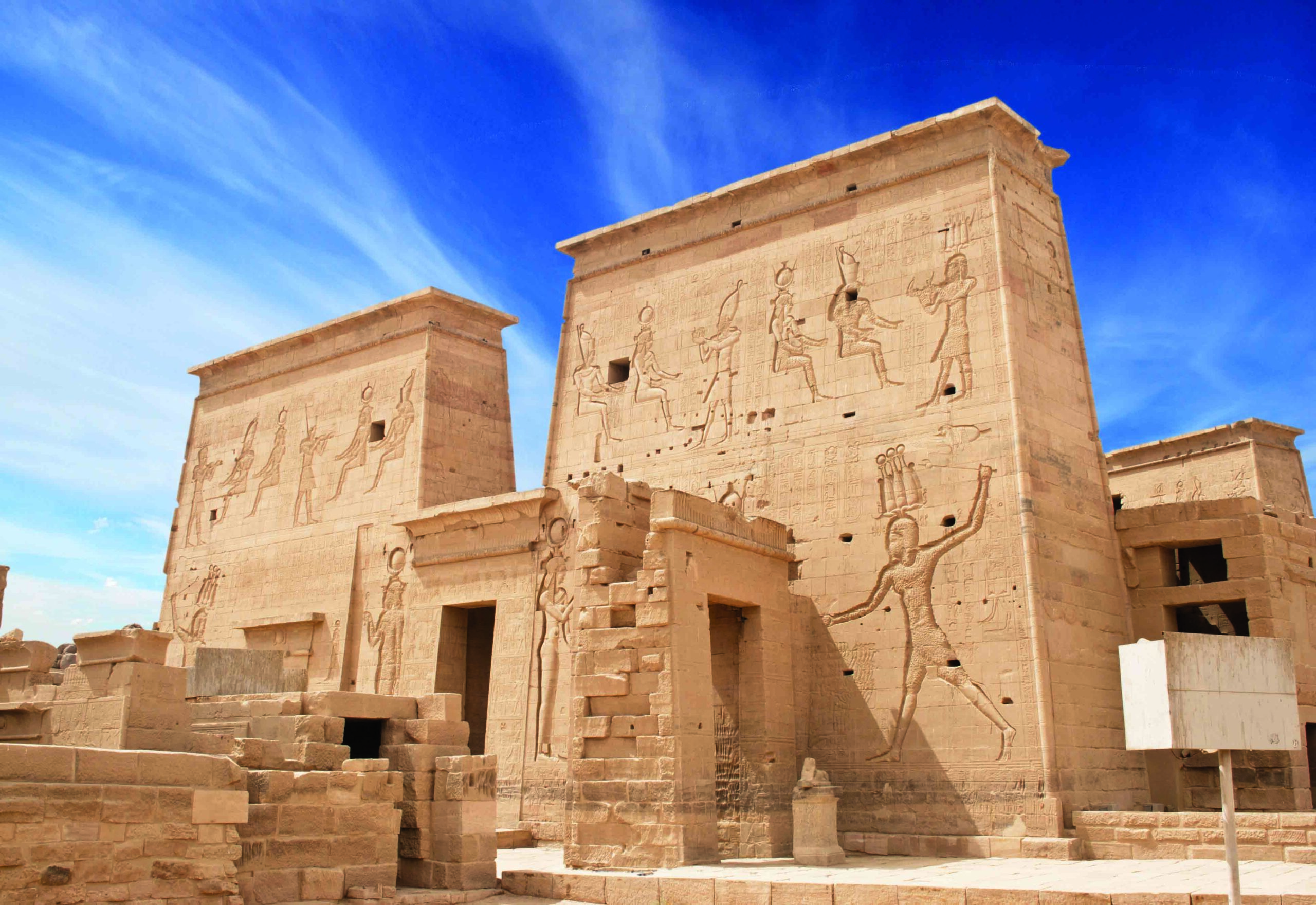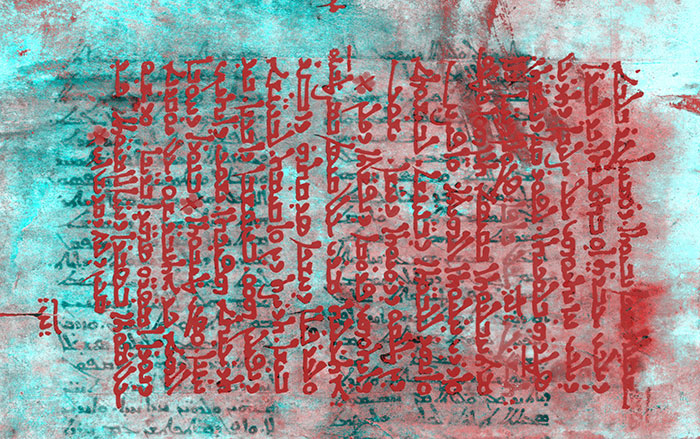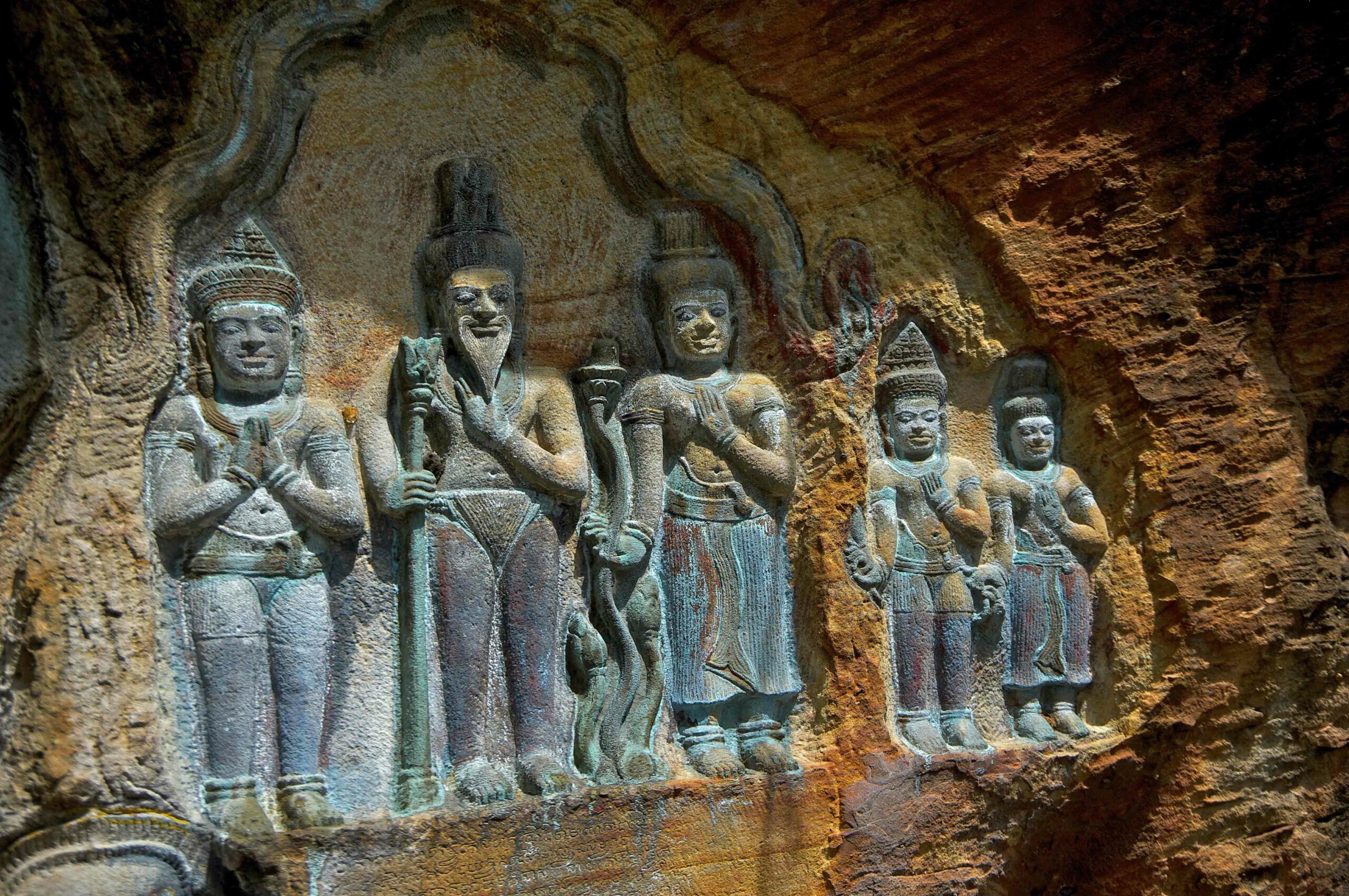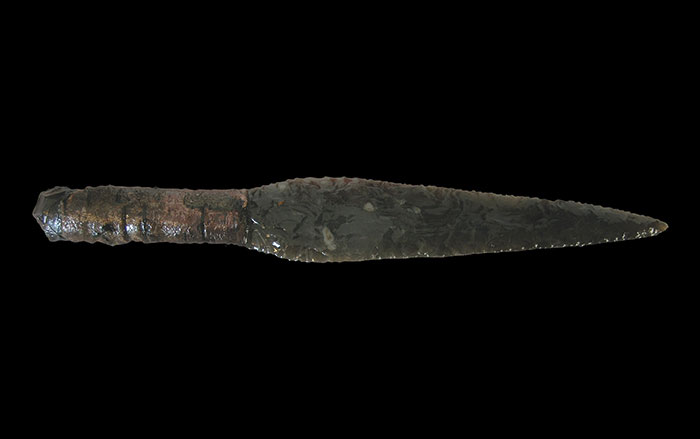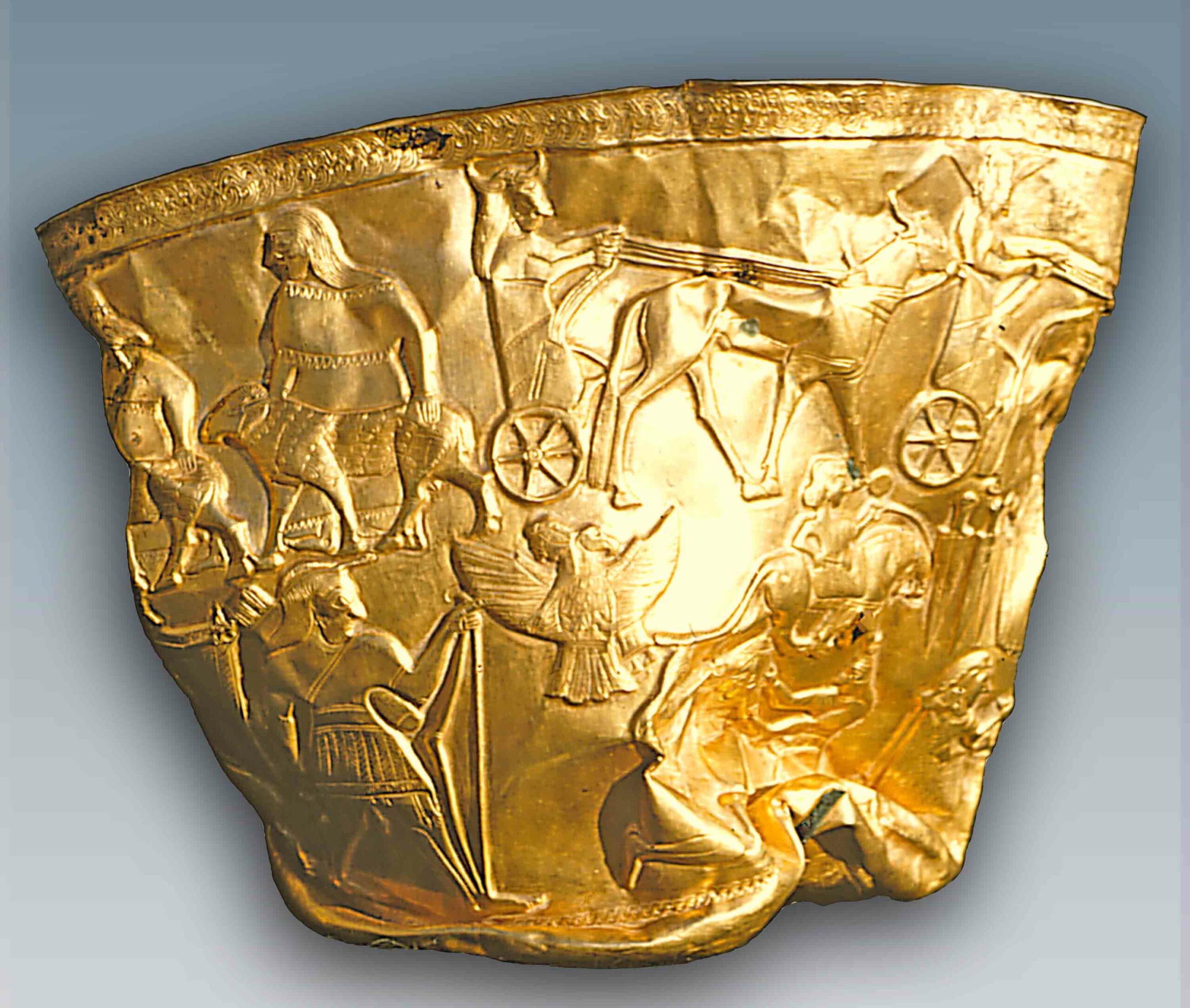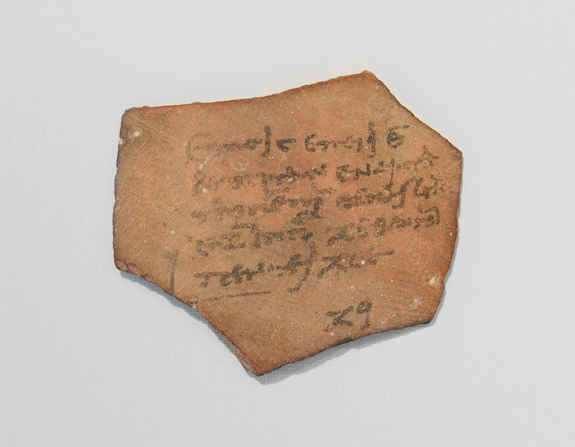
MONTREAL, CANADA—A recently translated Greek-language receipt from ancient Egypt reveals that a person, whose name is unreadable, and his friends paid a land-transfer tax of 75 talents and an additional 15-talent charge at a public bank in the city of Diospolis Magna, also known as Luxor or Thebes. “It’s an incredibly large sum of money,” Brice Jones of Concordia University told Live Science. “These Egyptians were most likely very wealthy.” The tax was paid on a date that corresponds to July 22, 98 B.C., all in coins that in total probably weighed more than 220 pounds. The 15-talent penalty may have been charged for not paying part of the bill in silver, as required by law. Jones has translated this ostracon and other texts housed at the McGill University Library and Archives in Montreal.


